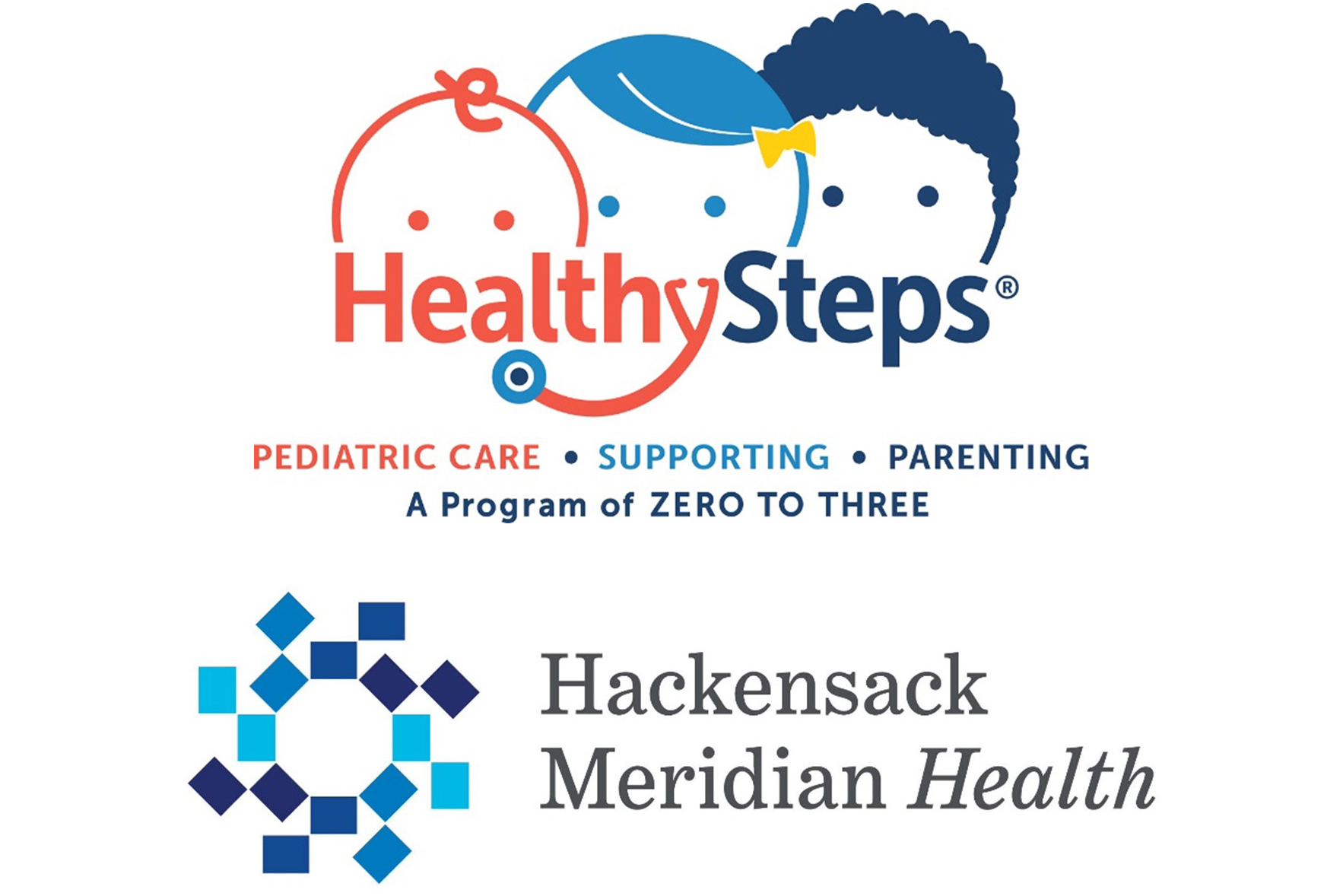FIRST 1,000 DAYS CORE STRATEGY SPOTLIGHT
Supporting Team-based Integrated Pediatric Primary Care in New Jersey
Leveraging the pediatric setting to support families during the earliest years

“Investments to bring HealthySteps to New Jersey are critical to making the case for, and showing the local impact of, scalable evidence-based models. Such investments can catalyze real systems change and pave the way for public investment in sustainable policies that close equity gaps and help families thrive.”
– Pamela Tew, Senior Policy Analyst, HealthySteps
Substantial research on early brain development underscores how critical a child’s first few years are to building a solid foundation for a healthy and productive life. Yet many families with infants and toddlers lack the care and support needed for that foundation. This is especially true for those that face stressors, lack adequate financial resources, and struggle with behavioral health challenges — all of which run the risk of undermining the formation of nurturing, safe, and stable relationships between caregivers and their young children.
Pediatric care visits provide an excellent setting to support families during these pivotal years. Not only do 90% of infants and toddlers attend routine well-child visits, but pediatric providers are a trusted source of information for parents. However, clinicians often lack the time during a 15-minute visit to provide optimal wraparound support.
HealthySteps helps fill that gap. This evidence-based, strength-based model transforms pediatric care by integrating a child development expert, such as a licensed clinical social worker, into the primary care team to support young children’s social-emotional, cognitive, and behavioral development. All children up to age 3 and their families receive a set of screenings along with education and follow-up support as needed.
These specialists act as a single family-facing focal point, assisting families with behavior, sleep, feeding, attachment, language development, parental depression, social determinants of health, and positively adjusting to life with an infant or toddler. Such support recognizes that numerous interconnected issues can have significant impact on child development. By strengthening the relationship between families and their primary care providers and fostering strong parent-child attachment, HealthySteps offers a way to keep a child’s development on track. The model is especially relevant now, as HealthySteps specialists can help mitigate the impacts of COVID-19 and other traumas with primary prevention, care coordination, and essential resources.
In 2020, the Burke Foundation – with the Turrell Fund, The Nicholson Foundation, and Hackensack Meridian Health – piloted the inaugural HealthySteps program in New Jersey at three clinical sites in Bergen and Monmouth counties. The initiative included hiring three bilingual specialists who have served more than 3,500 families and made over 6,600 referrals to community resources. Every age-eligible child has gotten at least one developmental and social-emotional screening and mothers have received at least one depression screening.
As part of our First 1,000 Days strategy, the Burke Foundation, along with the Turrell Fund, Hackensack Meridian Health, and the HealthySteps National Office, will support the pilot until the end of 2024, at which point Hackensack will take over support of the three specialists. Beyond direct service delivery at the three clinical sites, this funding aims to bring long-term sustainability to HealthySteps and make sure the program has the capacity to be deployed wherever the need is greatest. Our support involves an evaluation and ongoing policy and sustainability efforts to generate permanent payment mechanisms to help HealthySteps become a fixture in the healthcare landscape and scale it statewide.
Implementing the program at this level has the potential to result in significant cost savings, especially those associated with:
- Well-child visit and immunization rates
- Child oral health
- Hospitalization that could be prevented with earlier outpatient care
- Breastfeeding
- Postpartum maternal depression
- Intimate partner violence
- Unhealthy birth spacing
- Smoking cessation
